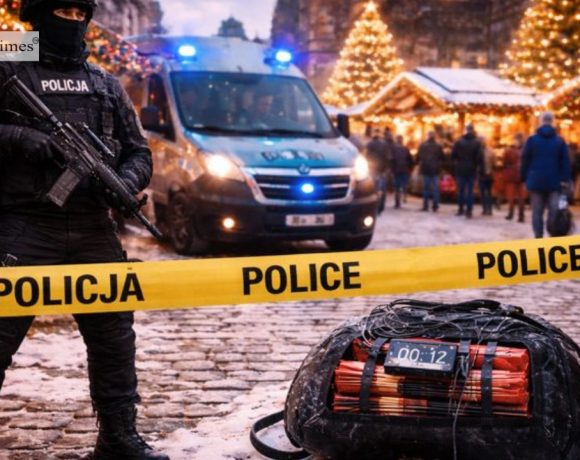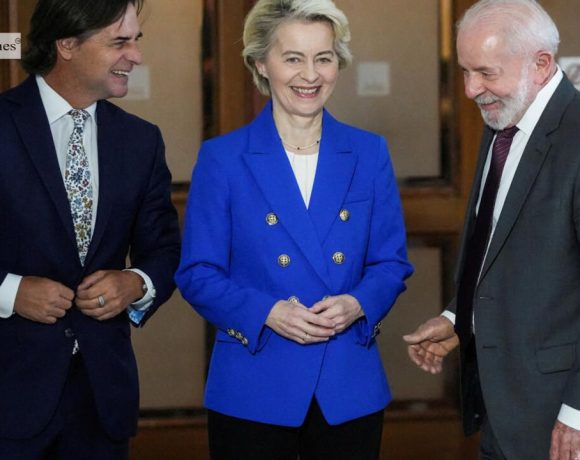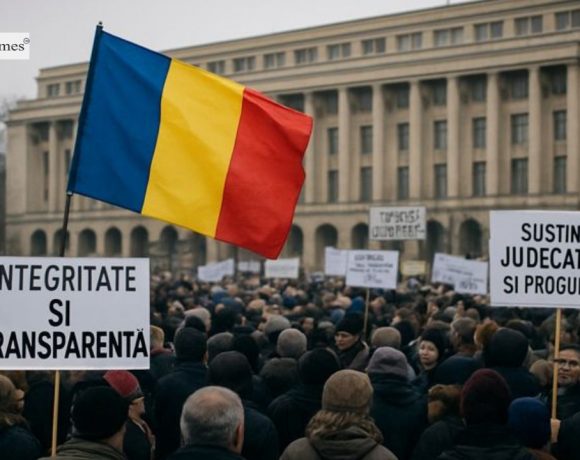
The Russian-controlled Zaporizhzhia nuclear power plant in Ukraine is currently running on only one of its two external power lines, Russian management reported on Tuesday. The second line was disconnected due to ongoing military activity, though officials confirmed that radiation levels remain normal. Repair work is planned to restore full power as soon as possible.
Europe’s largest nuclear facility, under Russian control since March 2022, is not generating electricity but depends on external power to keep nuclear material cooled and prevent a meltdown. The plant has experienced multiple power outages recently, including earlier this month, though connections were restored after each incident.
Both Russia and Ukraine have accused each other of shelling the site, raising concerns over safety. In September and October, the plant was without external power for 30 days, relying on backup diesel generators until a damaged line was repaired during a temporary local ceasefire coordinated with the U.N. nuclear agency.
Pic courtesy: google/ images are subject to copyright










